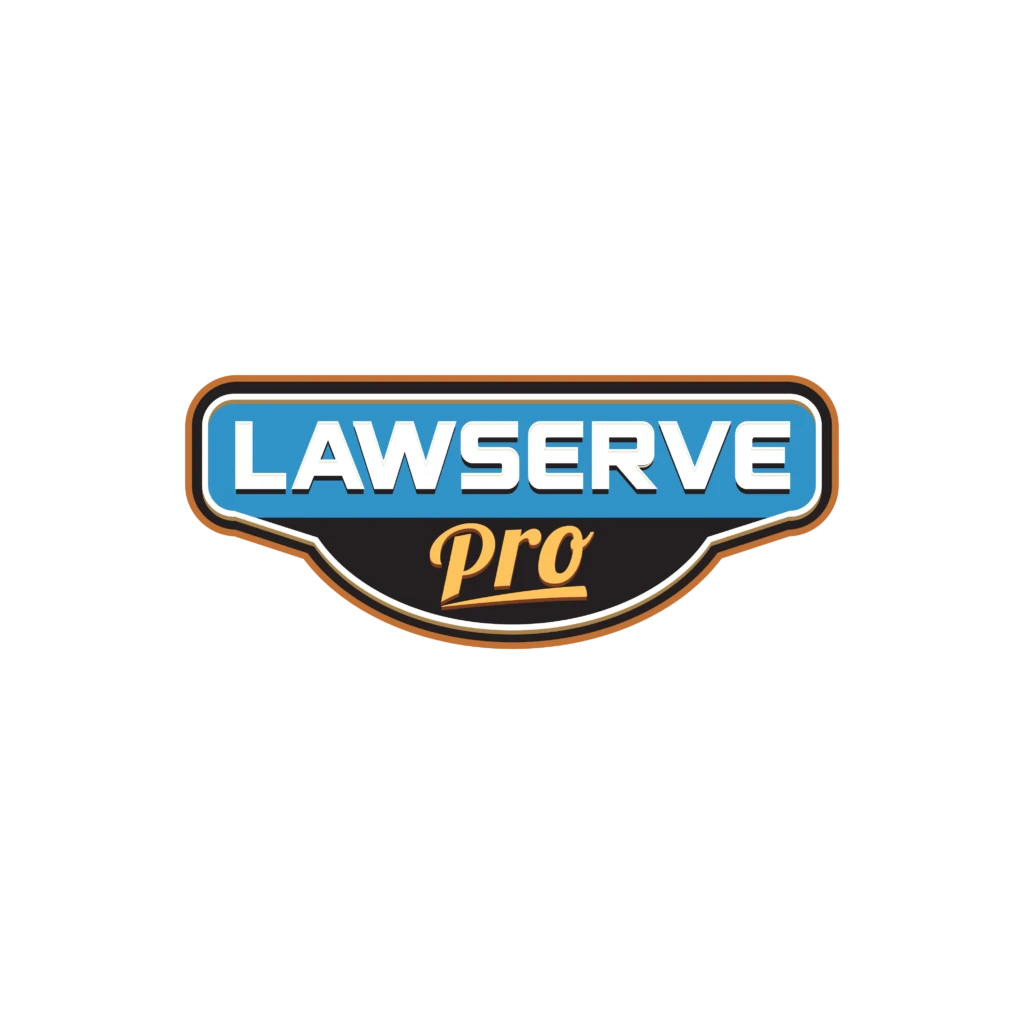What is involved in serving a federal agency or officer?
What is involved in serving a federal agency or officer?
Service on Government Officers in Official Capacity, Agencies
As per USAM 4-2.310* in order to serve an officer, agency, or corporation that is being sued in their official capacity. Additionally, a copy of the complaint and summons must be sent to the officer, agency, or corporation via registered or certified mail. Refer to 28 U.S.C. § 1391(e)(2)** and Fed. R. Civ. P. 4(i)(2)***. Furthermore, if an official is suable in the District of Columbia, 28 U.S.C. § 1391(e)(2)**** allows service of an officer or agency by certified mail beyond the boundaries of the jurisdiction in which the action is instituted, notwithstanding Fed. R. Civ. P. 4(k)*****. Refer to Rimar v. McCowan, 374 F. Supp. 1179 (E.D. Mich. 1974); Natural Resources Defense Council, Inc. v. Tennessee Val. Authority, 459 F.2d 255 (2d Cir. 1972).
Additionally, the employee must be sued in their official role rather than in their personal one. Refer to Relf v. Gasch, 511 F.2d 804, 808 n.18 (D.C. Cir. 1975); Stafford v. Briggs, 444 U.S. 527 (1980). If the plaintiff fails to serve the officer, the United States, and the Attorney General, the court lacks jurisdiction. Refer to Smith v. McNamara, 10th Cir., 395 F.2d 896 (1968), cert. denied, 394 U.S. 934 (1969). The rule’s service requirements must be followed. Wallach v. Cannon (8th Cir. 1966), 357 F.2d 557.
Service on the Inspector General or the Office of Inspector General
Serving the United States (see USAM 4-2.310*) and sending a copy of the summons and complaint to the Inspector General or the Office of Inspector General via registered or certified mail are the only ways to serve the Inspector General in her official capacity or the Office of Inspector General. Refer to 28 U.S.C. § 1391(e)(2)** and Fed. R. Civ. P. 4(i)(2)***.
The correct address for service on the Inspector General is:
Office of Inspector General
Attn: Office of Counsel to the Inspector General
U.S. Department of Health and Human Services
Room 5276, Cohen Building
330 Independence Ave., S.W.
Washington, DC 20201
The Inspector General must be sued in her official role as opposed to her personal one. Refer to Relf v. Gasch, 511 F.2d 804, 808 n.18 (D.C. Cir. 1975); Stafford v. Briggs, 444 U.S. 527 (1980). The Inspector General or the Office of Inspector General cannot be sued by personal service on the Inspector General or any other employee because these provisions are required, Wallach v. Cannon, 357 F.2d 557 (8th Cir. 1966).
*As per USAM 4-2.310,
“4-2.310 Memoranda Explaining the Compromising or Closing of Claims Within the U.S. Attorney’s Authority.
Whenever a U.S. Attorney compromises or closes a claim involving the United States pursuant to his/her authority as described in USAM 4-2.120 and 4-2.130, supra, he/she should place a memorandum in his/her office file fully explaining the basis for his/her action. A copy of this memorandum should be sent to the appropriate branch of the Civil Division. This requirement is set forth at §2(a) of Civil Division Directive No. 145-81, published in the Appendix to Subpart Y immediately following 28 C.F.R. §0.172.”
**As per 28 U.S.C. § 1391(e)(2),
“28 U.S. Code § 1391 – Venue generally
(e) Actions Where Defendant Is Officer or Employee of the United States.—
(2) Service.—
The summons and complaint in such an action shall be served as provided by the Federal Rules of Civil Procedure except that the delivery of the summons and complaint to the officer or agency as required by the rules may be made by certified mail beyond the territorial limits of the district in which the action is brought.”
***As per Fed. R. Civ. P. 4(i)(2),
“Rule 4. Summons.
(i) Serving the United States and Its Agencies, Corporations, Officers, or Employees.
(2) Agency; Corporation; Officer or Employee Sued in an Official Capacity. To serve a United States agency or corporation, or a United States officer or employee sued only in an official capacity, a party must serve the United States and also send a copy of the summons and of the complaint by registered or certified mail to the agency, corporation, officer, or employee.”
****As per 28 U.S.C. § 1391(e)(2),
“28 U.S. Code § 1391 – Venue generally
(e) Actions Where Defendant Is Officer or Employee of the United States.—
(2) Service.—
The summons and complaint in such an action shall be served as provided by the Federal Rules of Civil Procedure except that the delivery of the summons and complaint to the officer or agency as required by the rules may be made by certified mail beyond the territorial limits of the district in which the action is brought.”
*****As per Fed. R. Civ. P. 4(k),
“Rule 4. Summons
(k) Territorial Limits of Effective Service.
(1) In General. Serving a summons or filing a waiver of service establishes personal jurisdiction over a defendant:
(A) who is subject to the jurisdiction of a court of general jurisdiction in the state where the district court is located;
(B) who is a party joined under Rule 14 or 19 and is served within a judicial district of the United States and not more than 100 miles from where the summons was issued; or
(C) when authorized by a federal statute.
(2) Federal Claim Outside State-Court Jurisdiction. For a claim that arises under federal law, serving a summons or filing a waiver of service establishes personal jurisdiction over a defendant if:
(A) the defendant is not subject to jurisdiction in any state’s courts of general jurisdiction; and
(B) exercising jurisdiction is consistent with the United States Constitution and laws.”
AGGRESSIVE AND PROFESSIONAL NATIONWIDE PRIVATE PROCESS SERVERS
Here at LawServePro, it’s our number one priority to make your job easier. Whether you need legal documents served, a foreign subpoena domesticated, or court documents retrieved, our expert team of professionals are ready to help. Call today for a free quote!
Account
Connect
National Headquarters
8482 Fort Smallwood Road
Suite B-110
Pasadena, MD 21122
8482 Fort Smallwood Road
Suite B-110
Pasadena, MD 21122
© Copyright by LawServePro 2021 | Web Design by Exo Agency
No products in the cart.

